Please try again or contact us
Things to DO at Sabu Raijua
-
-
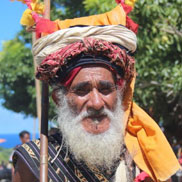
Wisata Alam
If the genealogies transmitted by the priests are used as a means of measuring time, Savu�s memory goes back to the first millennium CE (Sriwijaya period)
-
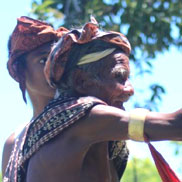
Wisata Bahari
To see in a half day : Around Seba: Bodo (beach and village), Namata. To visit in a day: West Savu, East Savu, Liae. Walking tours from Seba
-
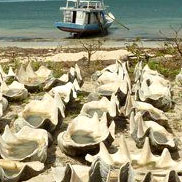
Wisata Budaya
The large majority of the population is Christian; A small community of Moslems live near the harbour and in the town of Seba. Around 10% of the population follow the traditional a ...
-
-
-
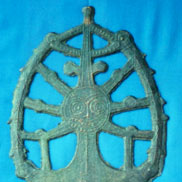
Wisata Buatan
The megaliths of Savu are natural wonders. They are not burial places, but physical time markers. They were dragged to ritual places from various parts of the island.
-
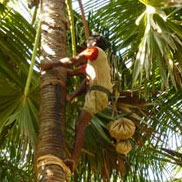
Kalender Adat
Each domain of Savu has its own ritual calendar (kalender adat or kewèhu rai, the knots of the land) as well as a specific number for calculating the day of a ritual in the lunar m ...
-
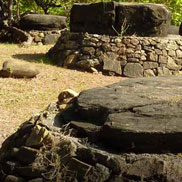
Upacara Adat
A village of origin or rae kepue is (or was) fenced, has a number of houses of the type èmu rukoko, a ritual place and sacred stones
-
-
-

Tarian Tradisional
Ceremonies of the adat calendar are linked to the traditional religion Jingi tiu. They are held for the well-being of the population, for connecting people with their ancestors
-
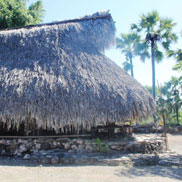
Agama Suku
Traditional houses on Savu bear witness to a rich historical and cultural legacy. Today they still can be seen in all parts of the island, fulfilling their purpose as identity mark ...
-
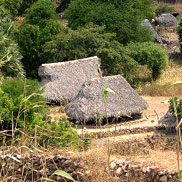
Tenunan
The lontar palm tree has been for centuries the tree of life for the Savunese who drink its sap during the dry season. Every part of the tree is used in everyday life and for cerem ...
-
-
-

